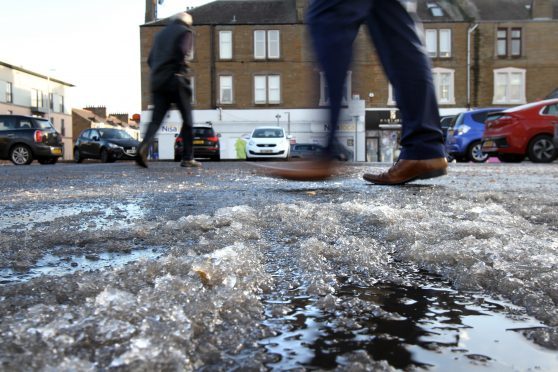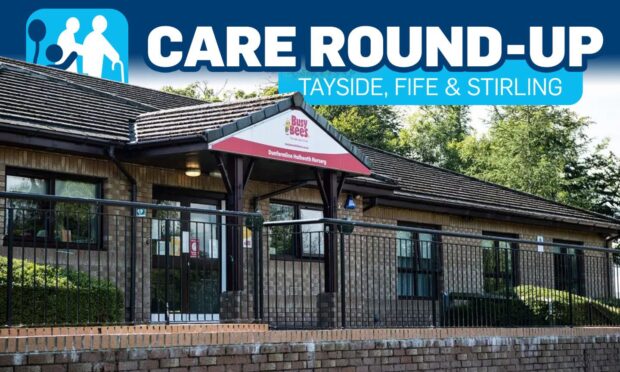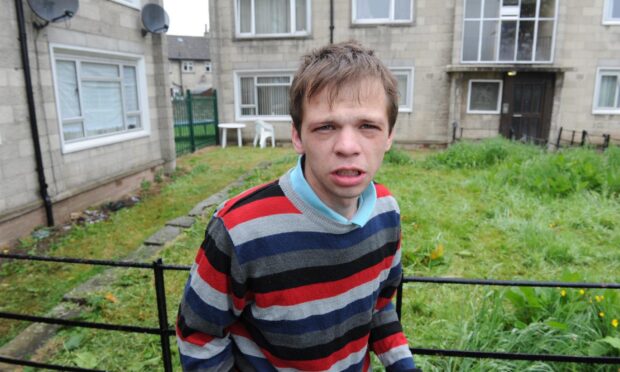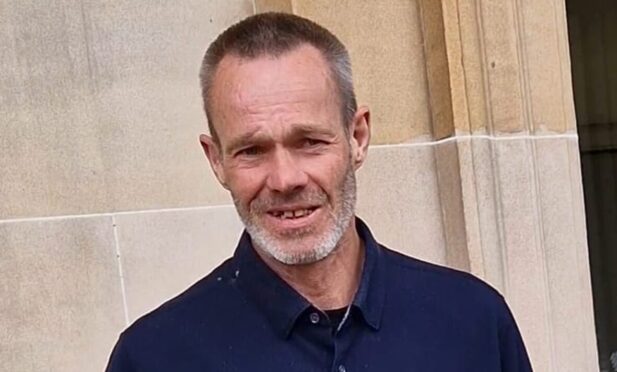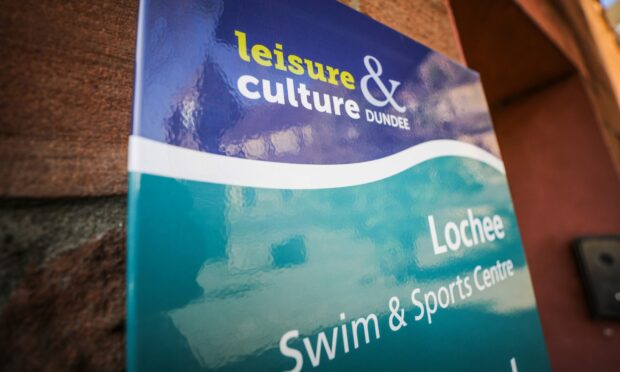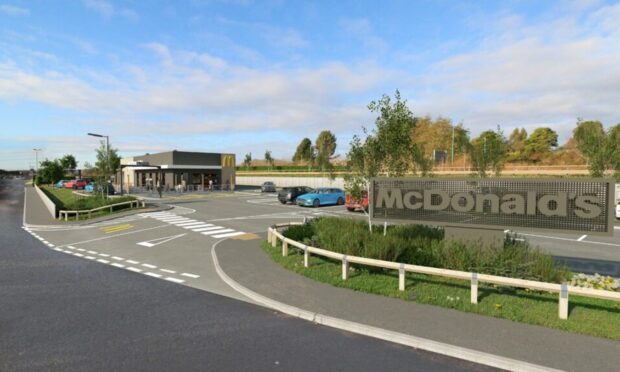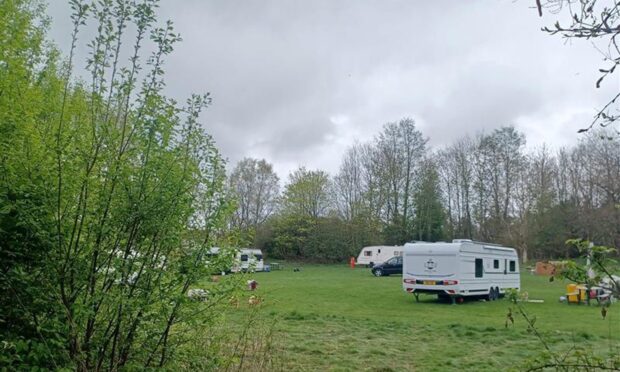Accident and emergency departments have seen a “significant increase” in patients with broken bones as locals continue to fall victim to icy pavements.
The Courier has been inundated with messages from people criticising our local councils’ response to the recent freezing conditions, and Ninewells Hospital A&E consultant Dr Barry Klaassen confirmed staff are being kept busy dealing with the consequences of untreated routes.
He said: “We are still seeing a significant increase in the number of patients attending our emergency departments in Ninewells and Perth Royal Infirmary with broken bones, mainly due to falls caused by the icy conditions.
“If people do need to venture out during this very cold period, we would advise them to dress warmly, wear sensible shoes with a good grip and take extra care when walking on icy surfaces.”
A number of people were hurt in accidents on the road into Tentsmuir Country Park on Sunday, while in Dundee — where councillors voted to reduce salt levels this year to cut costs — locals have voiced frustration over untreated ice in a number of residential areas.
Rose Cox, from Dundee, was visiting Tentsmuir to walk her dog when her car skidded on the “horrendous” road and hit a tree.
On the same stretch of road, a woman was taken to hospital with a broken sternum after her parked car was struck by a skidding vehicle, while another woman was injured after slipping in the car park.
“It was horrendous,” Rosie, 38, said. “The road was absolutely fine up to the barrier but past that it was horrendous.”
Forest Enterprise Scotland, which is responsible for the section of road from the Rhynd Café to Tentsmuir, said the stretch was closed following sudden freezing.
Ken MacDougall, 70, slipped on the road outside his house on Logie Avenue in Dundee, and said the lack of gritting was concerning.
“The pavements are a disgrace,” he said. “I’m quite angry. There are a lot of older people living in this area so for it to be so icy here is not good.”
In October, councillors agreed to reduce this year’s salt level to 8,200 tonnes — down from 10,000 tonnes — in a bid to cut costs.
Broughty Ferry councillor Craig Duncan said a review of how lower priority roads are dealt with may now be necessary.
A spokesperson for Dundee City Council said 14 frontline gritters and 20 pavement gritters have been out across the city.
Derek Crowe, senior manager at Fife Council, said there had been no cut to gritting levels this year but “”it simply isn’t possible to treat all roads, footways and car parks simultaneously.”
